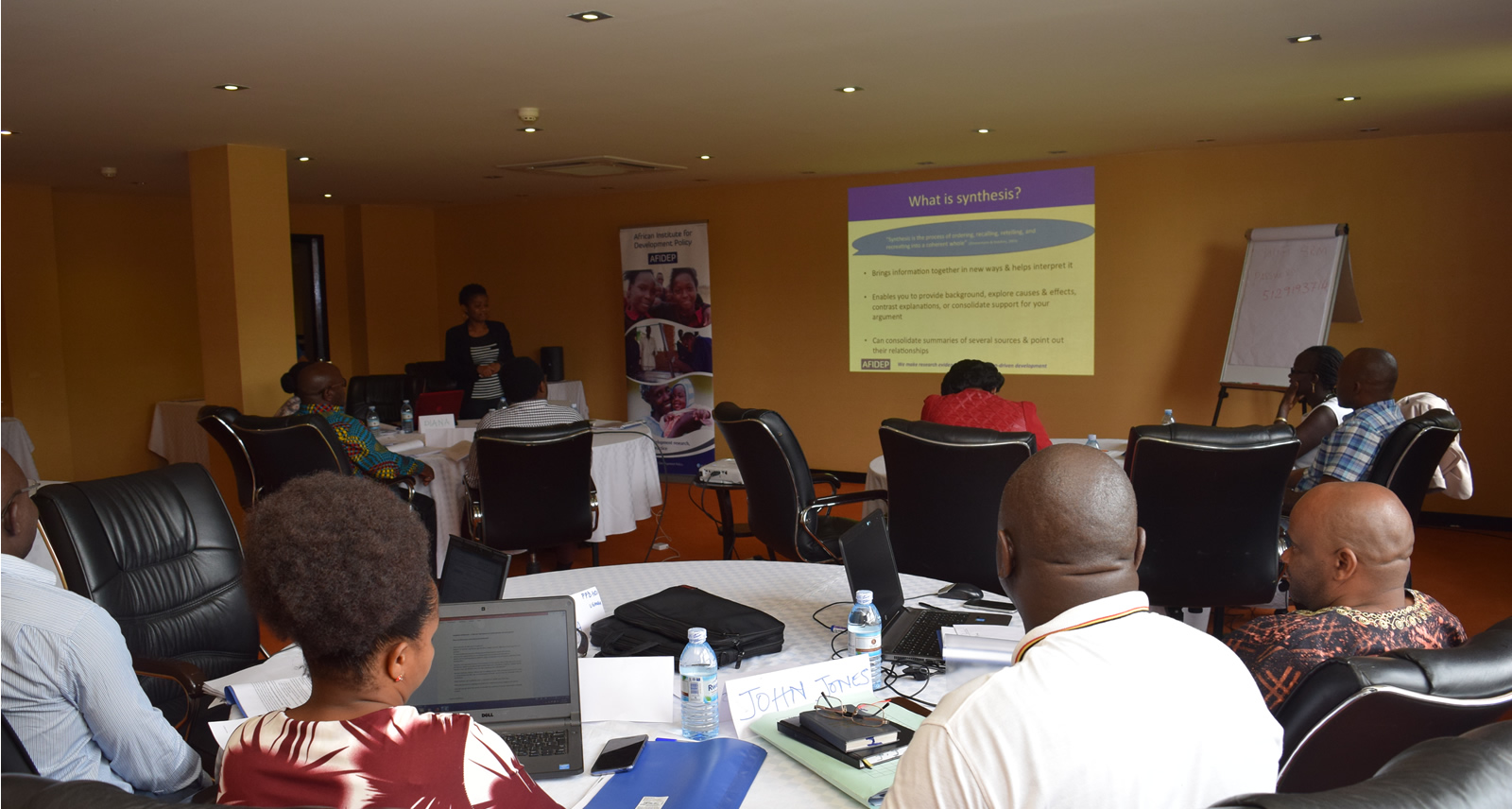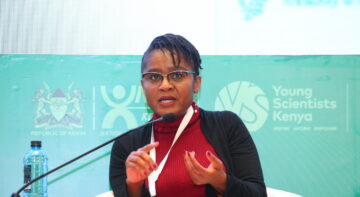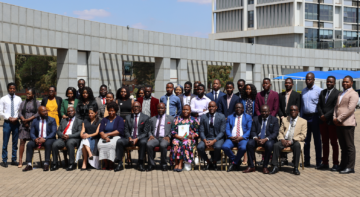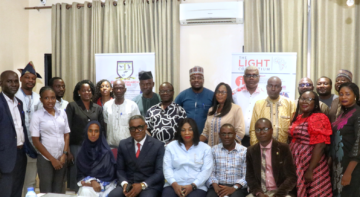Blogs

In the last two days, 11-12 December 2017, I, together with another colleague from AFIDEP, have facilitated a training workshop for technical staff from five African parliaments (Malawi, Namibia, eSwatini (formerly Swaziland), Uganda and Zimbabwe) in Uganda. The aim of the training has been to strengthen knowledge and skills in evidence-informed decision-making.
The staff at the training included researchers, committee clerks, information officers and legal drafters. Although providing technical advice to members of parliament (MPs) and parliamentary committees is the formal role of parliamentary researchers and experts who work in the parliaments’ legal and budget offices (where these exist), other staff such as committee clerks and information officers, find themselves required to provide technical advice to committees because many parliaments in Africa have very few researchers/experts to meet the demand for evidence by MPs and committees.
In our training, a staff member who is an information officer narrated how he is often called upon to review evidence and provide technical advice to committees because his parliament only has one researcher serving more than 100 MPs. And so, even though he is employed as an information officer/journalist, he often plays the role of a “researcher’ in his parliament because the one researcher is not able to meet the demands for evidence from MPs and committees.
This is the case of many committee clerks in African parliaments, who find themselves being required to provide technical advice because the researchers in parliament are just too few to meet the information demand. This reality means that parliament staff find the trainings that AFIDEP conducts on evidence-informed decision-making very useful because these trainings equip them with skills they need, but often lack.
Tools, manuals and guidelines are actually useful
Beyond the inadequate numbers of staff, in our discussions, parliament staff reported the usefulness of tools and manuals that provide guidance on the different evidence gathering or generating activities they have to undertake. Staff noted that tools such as those that provide guidance on how to conduct public hearings, or guidelines on quality assurance in producing briefing notes, are useful in enabling them undertake these tasks more effectively. Yet, except for Zimbabwe, which reported having various tools for guiding the generation or provision of quality technical advice, and Malawi, which has guidelines for evidence use, other parliaments represented at the meeting reported not having such tools. AFIDEP has developed guidelines for evidence use for the Kenya and Malawi parliaments. We therefore encouraged staff from other parliaments to refer to these guidelines, which provide general principles in evidence-informed decision-making, and therefore applicable beyond the two parliaments.
In one of the plenary discussions, parliamentary staff argued that the Standing Orders, which guide parliament business and procedure, provide no guidance on information or evidence use. It was argued that if Standing Orders could provide some guidance on evidence use or even require evidence use, then this could increase the priority given to institutional structures that facilitate access to or provide information to MPs and committees (such as research departments, legal counsel, budget office, library, and ICT).
The hidden power of technical staff
In some of the experiences that staff shared on how they navigate the many barriers to evidence use in their parliaments, it became very clear how important these technical staff are in shaping decision-making and debate in our parliaments. One staff shared how parliamentary health committee members once pushed for a field visit to health facilities in a particular constituency to investigate some incident that had been reported in the media. This push was especially from a member of the committee in whose constituency the incident had been reported.
However, the technical staff knew that the incident was not unique to this constituency. Instead, they advised that she should compile evidence on the incident for the committee to increase members’ appreciation of the issue, and also that the committee should sermon the health ministry to provide more information on this issue and how the government was addressing it. While the committee opposed her suggestions, the Clerk of Parliament, supported her recommendations and therefore directed the committee to implement the staff’s recommendations. With this, the committee was forced to implement the staff’s suggestions, which in the end increased members’ understanding of the issue and therefore enabled committee members to have more informed discussions and decisions on the issue.
The interaction of evidence and politics
This example stimulated a discussion in plenary on the interaction of evidence and politics. The MPs wanted to visit the health facilities in order to gather first-hand evidence on the issue. But, there were also subtle political interests here, especially that the MP representing the constituency in question, was the one leading the push for a field visit. This visit was going to give him/her political mileage, i.e. to be seen by his/her constituents that he/she is tackling health issues on the ground. However, the visit was not going to provide a comprehensive view of the issue, given that the issue was not unique to the constituency. Yet, committees need comprehensive understanding of such issues if they are to effectively contribute to tackling these issues.
This example demonstrates the importance of technical staff who have the requisite knowledge and skills in improving the performance of parliaments in Africa. As parliaments in Africa continue to implement efforts to improve their performance, we hope that they will prioritise the institutional systems and structures they have put in place to enable access to, and use of, information and technical advice in parliamentary debate and decision-making. Some parliaments, such as Uganda and Kenya, are setting the pace in this area, and it will be great if more African parliaments can follow in the footsteps or even do better.
Related Posts





